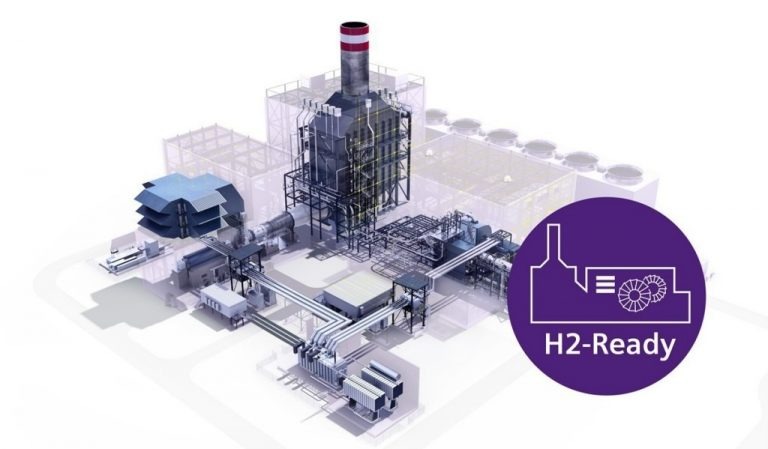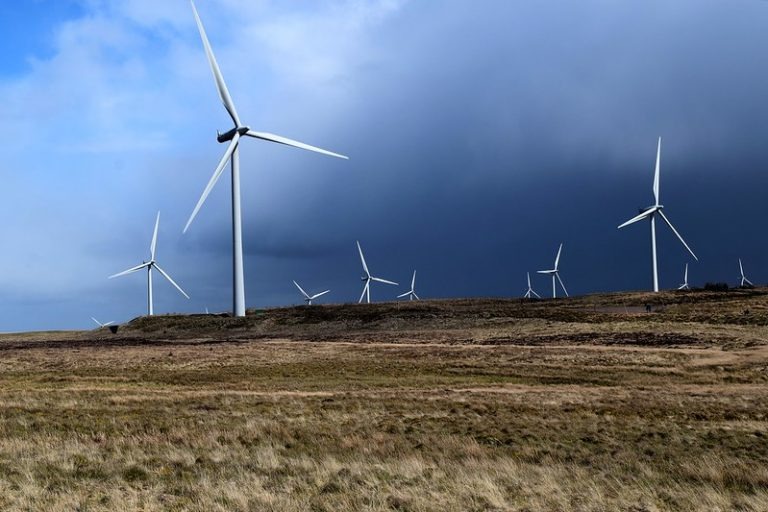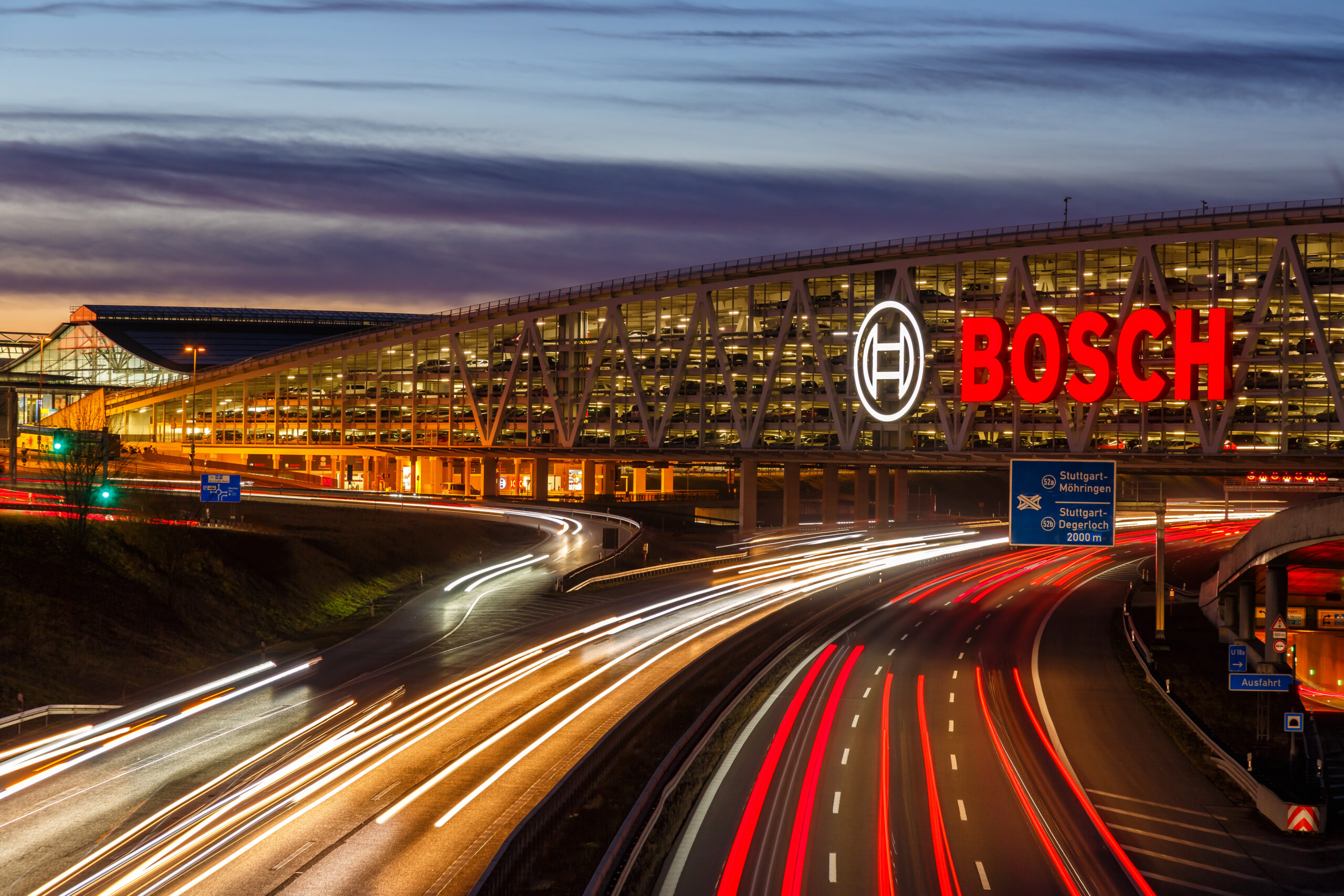Siemens: What Does ‘H2 Ready’ Mean for Energy Suppliers?

Siemens Energy is the first company in the world to receive certification for ‘H2 Ready’ power plant concept by TÜV SÜD. Quadrant Smart looks at what this means and how it will shape the future of energy.
Siemens Energy has received a new independent certification from TÜV SÜD that indicates the company has a hydrogen ready power plant concept.
Developed in collaboration with subject matter experts from Siemens Energy, the new guideline for defining ‘H2 Readiness’ will increase investment security for utilities.
With natural gas-fired combined cycle power plants (CCPP) currently being built or planned expected to run partially or fully on hydrogen fuel in the future, this new certification will allow increased investment security for power plant operators’ hydrogen journeys.
Some new combined or single cycle gas-fired power plants are already being advertised as “H2-Ready” today. Until now, however, there hasn’t been a clear definition of what this term means.
Hydrogen is playing a central role in the decarbonisation of energy systems
Reiner Block, CEO of the Industry Service Division at TÜV SÜD told Quadrant Smart: “Our guideline enables OEMs, plant operators, and insurers to use a standard transparent framework. The certification covers a complete power plant with the relevant subsystems.”

Sebastiaan Ruijgrok, Solutions Marketing Manager, Siemens Energy
The “H2-Ready” certification, however, doesn’t certify existing power plants. But, it provides a roadmap that describes how plants can be converted over time to co-fire hydrogen or even burn pure hydrogen.
Speaking about the certification, Sebastiaan Ruijgrok, Solutions Marketing Manager at Siemens Energy, told Quadrant Smart: “‘H2-Readiness’ is much more than a buzzword for the industry now.
“The three-stage certification process of TÜV SÜD allows to evaluate and “seal” every step in the development of a power plant: from the conceptional phase, over the design and construction of the actual unit, to the future transformation into a purely hydrogen-fueled plant.
Hydrogen-ready gas turbines are of course in the centre of the evaluation, but also other components and infrastructures, such as the Heat Recovery Steam Generator (HRSGs), fuel gas supply system and pipelines and even certain elements of the buildings need to be measured against the requirement of being H2-Ready.”
He continued: “Gas turbines that are adapted to burn shares of up to 75% hydrogen are already available today.”
Siemens Energy is currently involved in the construction of several power plants that are designed to be partially or fully hydrogen-fired

Karim Amin, Executive Vice President Generation, Siemens Energy
Karim Amin, Executive Vice President Generation at Siemens Energy told Quadrant Smart: “Highly efficient combined cycle power plants are an important stepping stone in the path to a decarbonized energy system.
“Gas-fired plants will serve as a crucial bridging technology until the share of renewables in the grids reaches 100 per cent and more importantly grid stabilization technologies mature to ensure the security of supply. These plants can also be transformed into CO2-neutral power generation units once they’re able to burn green hydrogen instead of natural gas.
The H2-Ready certification – awarded by the renowned testing and certification organization TÜV SÜD – is an important milestone for us, our partners, and our customers. It allows us to prove a plant’s hydrogen capability in a very early planning stage, which ensures a future-proof investment for our customers.”
To meet ambitious climate goals, it won’t just be combined cycle power plants that are modified as hydrogen power plants.
The certification offered by TÜV SÜD can be applied to a wide range of solutions. Siemens Energy already offers hybrid solutions with hydrogen generation, storage, and re-electrification.

